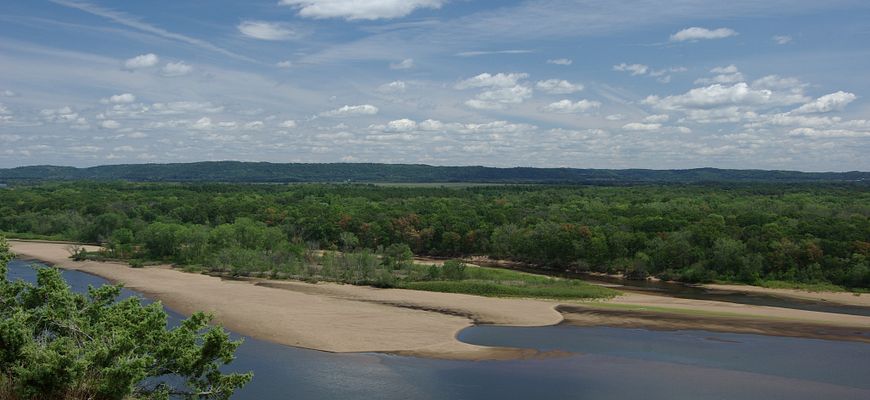Terms and conditions
Knowles-Nelson Stewardship Program

Before applying for a Stewardship grant, it is important to know what obligations come attached to Stewardship dollars. The requirements tied to Stewardship grants are spelled out in grant agreements or grant contracts and the administrative rules for each grant subprogram.
To help applicants decide if a Stewardship grant may be applicable to a particular project, some of the strings attached to Stewardship grants are summarized below. For subprogram-specific information, please contact Stewardship grant staff.
- Terms and conditions of Stewardship grants
-
- Grant recipients have perpetual obligations. Grant sponsors and all subsequent owners have the obligation to keep the land purchased or site developed compliant with program rules in perpetuity. Unless DNR approves a transfer of title, grant recipients must maintain legal control and oversight of the property.
- Public access is required of Stewardship funded projects. Any land purchased in fee with Stewardship dollars must be open to the public. Development projects must be on publicly accessible lands. If Stewardship funds will acquire landlocked property, applicants will need to obtain an easement for access purposes over adjoining property.
- Lands purchased with Stewardship funds must be open to the public for nature-based outdoor activities (NBOA): hunting, fishing, trapping, hiking and cross-country skiing. DNR may allow a prohibition of one or more of the NBOA only if the Natural Resource Board determines that the prohibition is necessary.
- Stewardship laws specify signage requirements. Per section 23.09165, Wis. Stats., most lands purchased with Stewardship funds must be posted with signs that give notice to the public:
- that the land was acquired with Stewardship funds; and
- which primary activities are allowed or prohibited on the property. See signage information for more detail.
- Grantees must comply with all applicable local, state and federal laws, regulations, administrative rules that will affect the Stewardship property, including but not limited to, general and special zoning, land use permit requirements, accessibility for persons with disabilities, environmental quality and historical and archaeological preservation.
- DNR’s interest in the property must be recorded. Most Stewardship grant contracts are recorded, and for many grant subprograms, DNR’s interest must also be reflected in the deed to Stewardship-funded property.
- Stewardship law governs user fees. Grantees may charge reasonable user fees to offset operation and property maintenance costs. Daily user fees shall not exceed the current cost of a daily pass at a Wisconsin State Park.
- Income accrued from Stewardship land must be used to further the objectives of the project as stated in the grant agreement or contract or used to further the objectives of another Stewardship project.
- Any lease, sale or conveyance of any interest in Stewardship land must be approved by DNR. Stewardship lands may not be converted to uses other than or incompatible with the purposes of the grant. DNR must approve conveyance of any interest in Stewardship land, including utility easements or leases, lands conveyed for road projects, agricultural leases, etc. DNR may require replacement land in some circumstances.
- Stewardship lands maybe not be conveyed to another party without DNR approval. Any transfer of Stewardship land to a party other than the grantee must be approved by DNR, and the new owner must agree to the terms of the grant contract or agreement.
- Stewardship land may not be used as security for any debt unless DNR previously approves this arrangement. If necessary, DNR could take action to prevent the placement of liens, judgments or encumbrances on property purchased with Stewardship funds.
